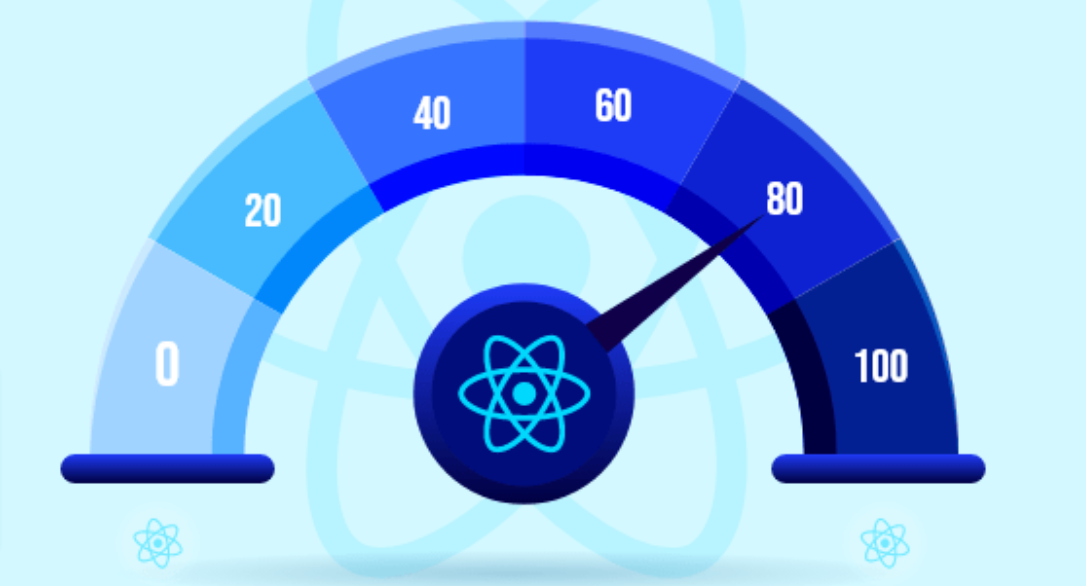Maximizing React Performance: Best Practices and Code Snippets to Avoid Anti-Patterns

When building applications using React, it’s essential to write clean and efficient code that maximizes performance. A common stumbling block for developers is falling into anti-patterns, especially when working with hooks like useEffect. Let’s dive into some best practices and code snippets that can help you prevent these pitfalls.
useEffect and the Dependency Array
The dependency array in useEffect is a powerful feature that can be misunderstood. It’s intended to list all the variables your effect depends on, so React knows when to re-run the effect. Here’s an example of a well-crafted useEffect:
import { useState, useEffect } from 'react';
function UserProfile({ userID }) {
const [user, setUser] = useState(null);
useEffect(() => {
async function fetchUser() {
const response = await fetch(`/api/users/${userID}`);
const userData = await response.json();
setUser(userData);
}
fetchUser();
}, [userID]); // Correctly specifying dependencies
// ...
}
In this snippet, useEffect runs whenever userID changes, as it’s included in the dependency array. This ensures that the user data is fetched and set when needed, without causing infinite loops.
Memoization with useMemo and useCallback
Memoization is a technique to prevent unnecessary recalculations. useMemo and useCallback are hooks that help you implement memoization in your components. Here’s an example using useMemo:
import { useState, useMemo } from 'react';
function ExpensiveComponent({ list }) {
const [filter, setFilter] = useState('');
const filteredList = useMemo(() => {
return list.filter(item => item.includes(filter));
}, [list, filter]); // Only re-compute when list or filter changes
// ...
}
For callbacks that are passed to child components and may cause unnecessary re-renders if the function’s reference changes, useCallback is the right tool:
import { useState, useCallback } from 'react';
function ParentComponent() {
const [count, setCount] = useState(0);
const increment = useCallback(() => {
setCount(c => c + 1);
}, []); // The increment function will keep its reference
// ...
}
Alternatives to useEffect for Data Fetching
When dealing with data fetching, instead of useEffect, you can use libraries designed specifically for this purpose. Here’s an example of how you might use React Query for data fetching:
import { useQuery } from 'react-query';
function UserDetails({ userID }) {
const { data: user, isLoading } = useQuery(['user', userID], fetchUserByID);
async function fetchUserByID() {
const response = await fetch(`/api/users/${userID}`);
return response.json();
}
if (isLoading) {
return <div>Loading...</div>;
}
// Render user details
}
In this example, useQuery manages the fetching, caching, and updating of the user data, making your component cleaner and more efficient.
State Management with useReducer
For complex state logic, useReducer is a more appropriate choice than useState. Here’s an example:
import { useReducer } from 'react';
function counterReducer(state, action) {
switch (action.type) {
case 'increment':
return { count: state.count + 1 };
case 'decrement':
return { count: state.count - 1 };
default:
throw new Error();
}
}
function Counter() {
const [state, dispatch] = useReducer(counterReducer, { count: 0 });
return (
<>
Count: {state.count}
<button onClick={() => dispatch({ type: 'increment' })}>+</button>
<button onClick={() => dispatch({ type: 'decrement' })}>-</button>
</>
);
}
This approach provides a more structured and predictable way to handle state changes, especially for more significant state logic.
Conclusion
React’s performance can be significantly improved by understanding and properly using hooks like useEffect, useMemo, useCallback, and useReducer. Avoiding common anti-patterns and leveraging the right tools for tasks such as data fetching can ensure your application is efficient, maintainable, and scalable.
How can I prevent unnecessary re-renders in React components?
To prevent unnecessary re-renders, use React.memo for functional components, useMemo to memoize computed values, and useCallback to memoize callback functions. Always manage your dependencies in hooks carefully to ensure components update only when needed.
How can I avoid infinite loops when using useEffect in React?
To avoid infinite loops in useEffect, ensure that your dependency array accurately reflects the variables your effect relies on. Be cautious when including objects or arrays as dependencies, and consider using useMemo or useCallback to maintain reference equality.
What are some alternatives to using useEffect for data fetching in React?
Instead of using useEffect for data fetching, consider using libraries like React Query or SWR. These libraries handle caching, background updates, and error retries more efficiently than native useEffect fetches.
Is Redux the only option for state management in React applications?
No, Redux is not the only option for state management in React. Alternatives like the Context API, Zustand, or Recoil can provide simpler or more tailored solutions depending on your application’s needs.
What are the benefits of using useReducer over useState in React?
useReducer is beneficial for managing complex state logic that involves multiple sub-values or when the next state depends on the previous one. It provides a more structured approach, making state transitions more predictable and easier to test.
Can improper use of React hooks affect an application’s performance?
Yes, improper use of React hooks, such as unnecessary dependencies in useEffect or misuse of useState, can lead to performance issues like excessive re-renders or memory leaks. It’s important to understand hook dependencies and lifecycle to optimize performance.
